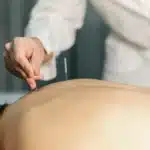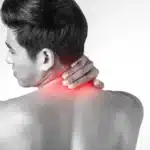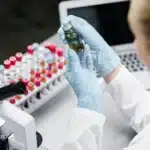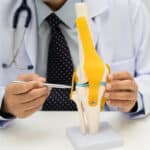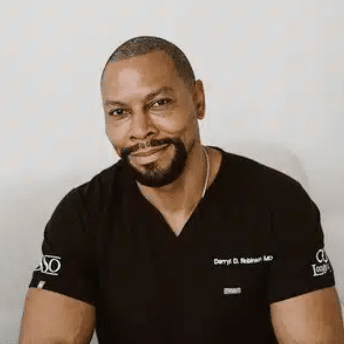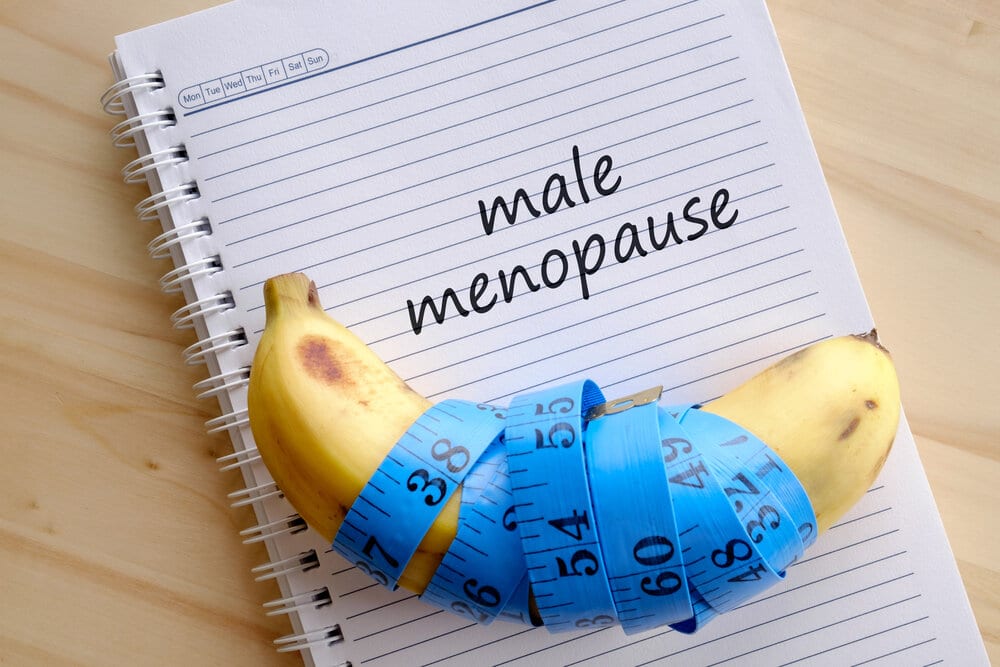
Do Men Go Through Menopause?
Hot flashes and mood swings are common symptoms of menopause in women. So, do men experience hormonal shifts with similar symptoms as they get older? Is male menopause a medical condition?
Yes, that is right. However, male menopause is just one way to explain it.
Male menopause is a condition that affects men in their forties and fifties and is to be treated by hormone therapy. It comes with a series of symptoms that are related to aging and low testosterone levels. Andropause, androgen decline in the aged man, late-onset hypogonadism, and low testosterone are all used to describe this condition.
Irritability, weight gain, low sex drive and work, sleeping issues, depression, exhaustion, and a lack of strength are some of the symptoms. It might also be accompanied by hot flashes.
Male menopause is difficult to detect, even though physicians can treat the symptoms. That is because, in many cases, the symptoms are caused by something other than testosterone deficiency.
Why do men have low testosterone levels?
Testosterone is the hormone that causes male sexual characteristics to develop. It’s normal for men’s levels to drop as they get older. After the age of 40, levels begin to decline at a rate of about 1% per year. Chronic diseases, such as obesity and diabetes, as well as medication, can influence the pace.
When compared to what women go through during menopause, a decrease in testosterone and any symptoms that may arise are gradual. Men’s midlife shifts are always more subtle than women’s.
Symptoms of male menopause
A gradual decline of testosterone is a normal part of aging. A low level of testosterone, on the other hand, could indicate male menopause. Some signs and symptoms include:
-
Erectile dysfunction, or the failure to get or keep an erection
-
A reduced sex drive and infertility
-
Insomnia, fatigue, and depression
-
Increased body fat, reduced muscle mass, and decreased bone density.
These signs can also happen in aged males with obesity, heart disease, high blood pressure, and type II diabetes. Physicians will order tests to rule out any underlying medical conditions that may be causing these symptoms.
The Effects of Male Menopause
In certain cases, it doesn’t matter that the word male menopause isn’t the most technically precise language. It’s how it affects your life that matters. Andropause causes a wide variety of effects, some of which can be very disruptive and distressing. There are some of them:
-
Depression
-
Libido decreases
-
Anxiety
-
Fatigue is a common ailment
-
Poor memory and concentration
-
Changes in body structure
Male Menopause Treatment Options
It is important to remember that the symptoms of andropause can be triggered by factors other than the normal reduction of testosterone, which means there are options for dealing with the consequences on their own. Obesity seems to be a significant factor, according to reports. Falling testosterone levels are partly due to a neuroendocrine system that is aging and less efficient along with testosterone development. The results are weight loss, low energy, exhaustion, andropause system.
Low testosterone, regardless of the cause, often necessitates medical intervention. That is why, like women going through menopause, many men turn to hormone replacement therapy. For men, testosterone therapy has a variety of possible benefits, including increased muscle mass and reduced cardiovascular risk. Higher energy levels, restored libido, better weight management, and enhanced mental well-being are often the most immediate benefits. These advantages will translate into improved efficiency in all aspects of life in a very real way.
Although testosterone replacement hormone therapy is generally accepted as the best treatment for low testosterone, there are a variety of testosterone therapies to choose from, so it is vital to speak with a hormone replacement specialist who can help you sort through your choices. Take the time to figure out which treatment option is best for you. It is worth it to do what is best for your body when it comes to your health and well-being.
Visiting Oklahoma Spine & Pain Management would help you with multiple issues related to the spine and back health, hormone therapy, and more.
**Disclaimer: This content should not be considered medical advice and does not imply a doctor-patient relationship.


